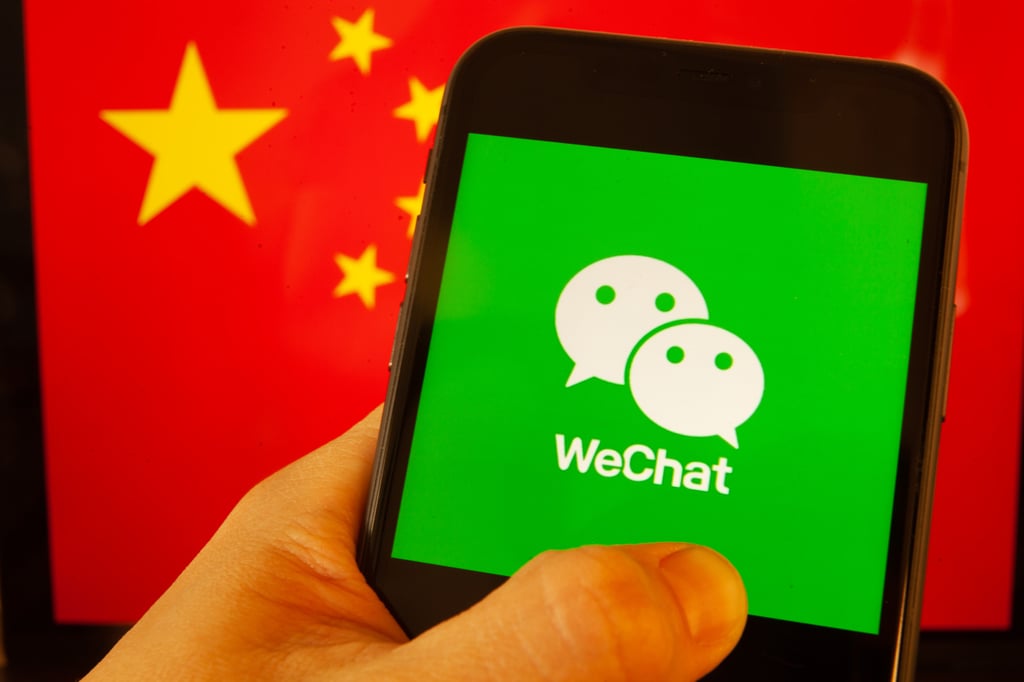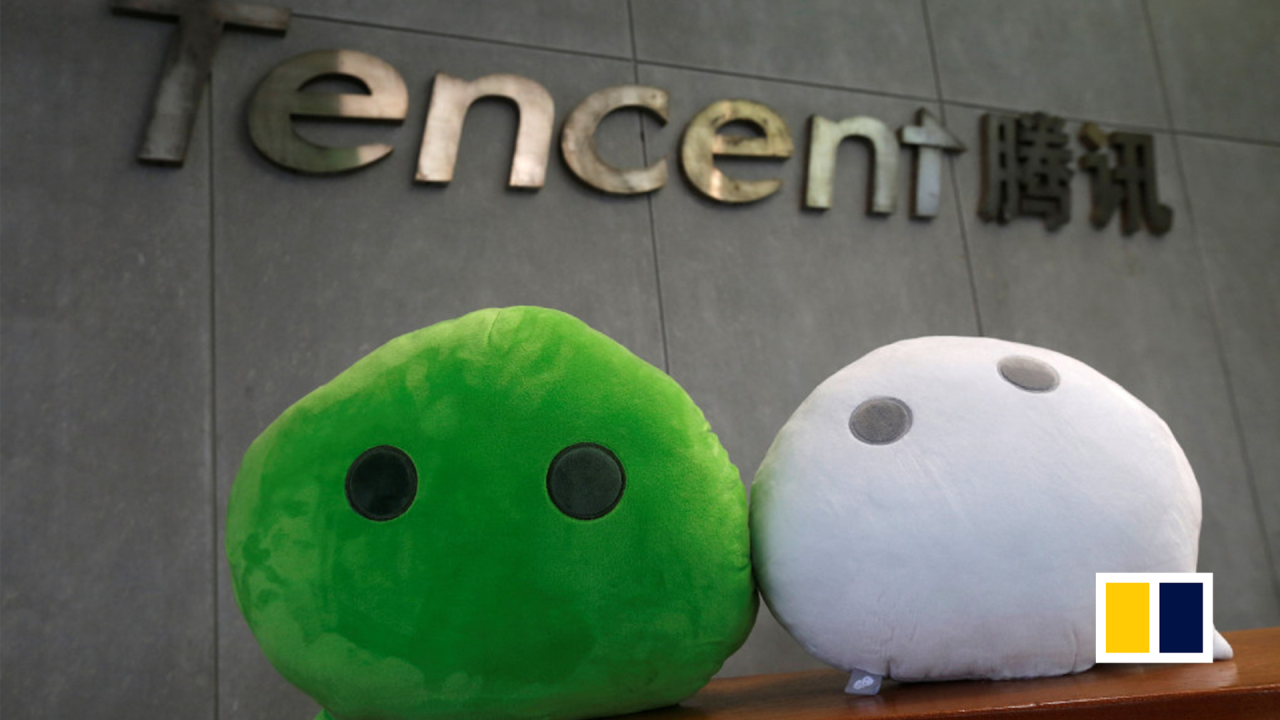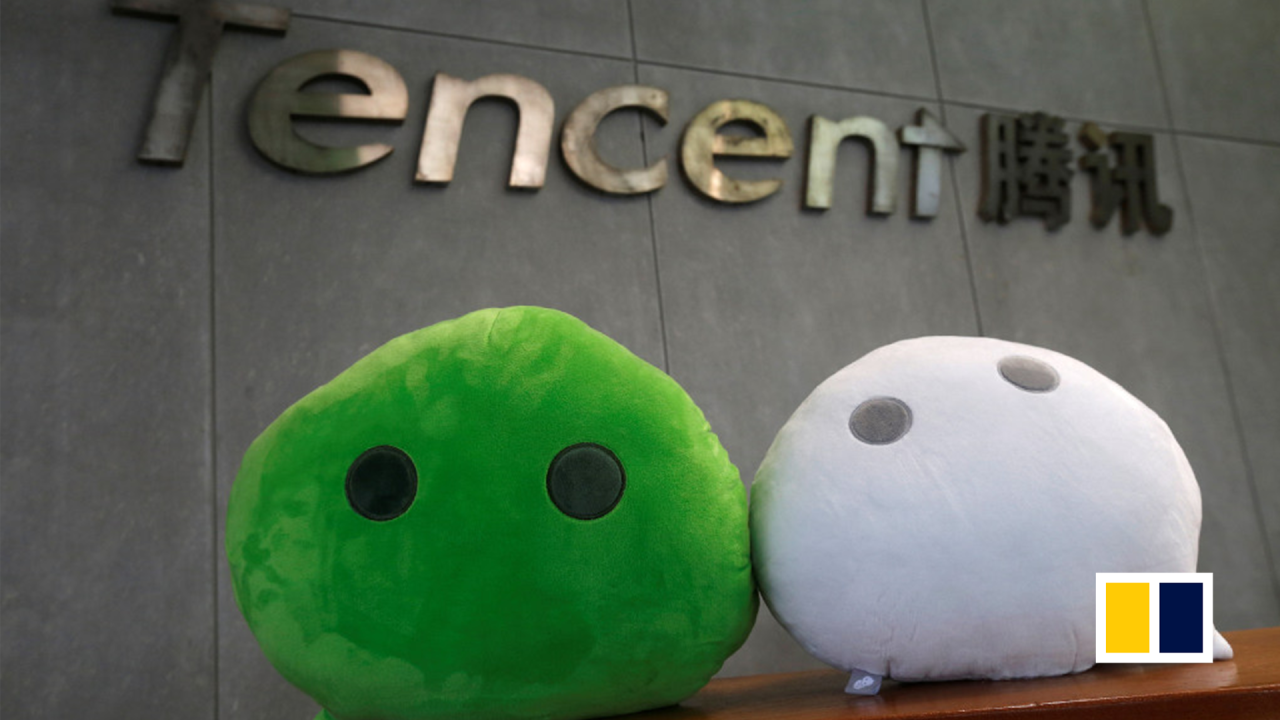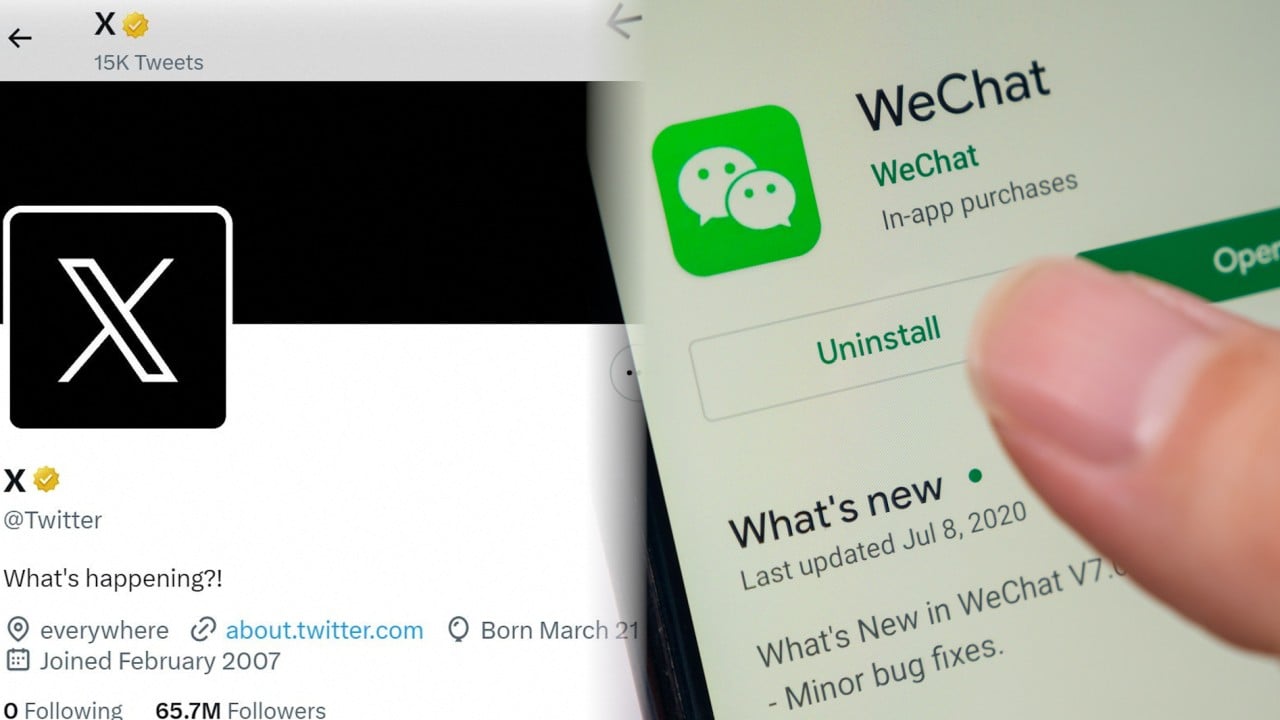Super app WeChat, operated by video gaming and social media giant Tencent Holdings, continues to strike a delicate balancing act between its role as a major revenue stream for the Shenzhen-based company and a vital public-service platform in mainland China, according to analysts.
With more than 1.3 billion monthly active users (MAUs), the 13-year old WeChat – marketed as Weixin on the mainland – is now a well-entrenched online tool for everyday life in the world’s second-largest economy. From messaging and video conferencing to mobile payments, shopping and mobile gaming, WeChat is an ubiquitous platform whose technical updates and policy changes are closely scrutinised by the country’s public and private sectors.
“As a super app, WeChat’s challenge lies in [maintaining] its dual role as a public-service platform and a business that supports the commercial value of Tencent,” said Zhang Yi, founder and chief analyst at market consultancy iiMedia. “For its future development, WeChat will need to put more emphasis on user experience and diversity of services.”
WeChat’s success as a do-everything app was even cited by billionaire Elon Musk, chief executive at Tesla and founder of SpaceX, as a model for transforming Twitter, later renamed X, when he agreed to buy the US microblogging platform for US$44 billion in 2022.
“There’s no WeChat equivalent outside China,” Musk said at the time, according to a South China Morning Post report. “You basically live on WeChat in China. If we can recreate that with Twitter, we’ll be a great success.”
Recent initiatives by Tencent, China’s most valuable internet company, reflects its effort to buttress WeChat’s position in the nation’s vast social media landscape, as mainland authorities boost support for the private sector.
Tencent earlier this month said it was testing breaking news alerts on WeChat, expanding the range of content on the platform and boost its users, amid competition from the likes of Weibo, Kuaishou Technology, and ByteDance-owned Jinri Toutiao and Douyin, the Chinese sibling of TikTok.
“The key lies in continuously enhancing user stickiness and activity, and ensuring that users stay in the platform to maintain its leading position in the fiercely competitive market,” iiMedia’s Zhang said.
Tencent’s Hong Kong-listed shares closed up 0.49 per cent to HK$370 on Friday.
As a popular online platform, WeChat has also been on the front lines for the domestic internet industry in adhering to the latest regulations and government-backed economic development programmes.
It is one of more than 50 widely used apps on the mainland that are taking part in beta tests for the country’s proposed cyber identity authentication system.
In June, WeChat announced plans to ban digital hosts powered by artificial intelligence (AI) on its live-streaming commerce platform Weixin Channel, as Beijing tightens controls over AI-generated content.
WeChat in the same month also started requiring all creators on the platform to disclose whether a published post was AI-generated.
In March, WeChat Pay and Alipay enhanced their operations to make it easier for foreign travellers to pay for goods and services on the mainland, the world’s largest cashless society. That came after the General Office of the State Council published new guidelines towards “providing higher-quality, more effective and more convenient payment services” for foreign visitors.
Alipay is operated by Ant Group, an affiliate of South China Morning Post owner Alibaba Group Holding.

As a major business for Tencent, WeChat brings “high-quality” revenue streams through advertising, as well as service fees from mini games and e-commerce sales, according to the company. WeChat’s ecosystem of mini programs gives users access to various services, which is also an important channel to attract advertisers on the platform.
WeChat’s mini program platform recorded 930 million MAUs in June, according to QuestMobile data. That surpassed prominent online rivals including Alipay with 664 million users, search platform Baidu with 397 million users and Douyin with 235 million users.
WeChat has been put under the spotlight recently because of a dispute involving Apple. According to a Bloomberg report last week, Apple was ramping up pressure on Tencent and Douyin owner ByteDance to close loopholes in app payments for mini games.
“Apple has brought up the commission issue again, as it feels the threat of the rapidly expanding mini game ecosystem,” iiMedia’s Zhang said.
More than 240 WeChat mini games have achieved quarterly turnover of 10 million yuan (US$1.4 million), according to Tencent. The number of WeChat mini game users has reached 1 billion, with 500 million MAUs, about six years after the service was launched, the company said in July.
Zhang said Apple and WeChat “will need to find a balance” to help resolve their dispute amid “collaboration opportunities” between their app platforms.




